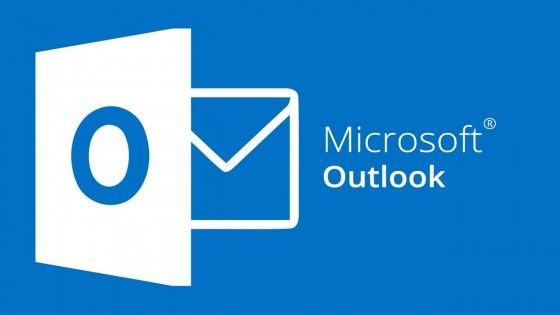Advantages of Using Email Clients
It seems as if more and more Internet services are moving to become web-based only. A decade or two ago, most people still used email clients like Outlook to access their email messages. Lately, nearly everyone uses the web, and they consider email clients to be a thing of the past. Now that Internet connections are becoming more ubiquitous, there may not appear to be any need for email clients. However, there are still many advantages of using email clients. Let’s take a few of the top advantages so that you can decide whether or not using an email client is worth it.

Different Email Clients
First, using an email client can be a tremendous time-saver if you have multiple email accounts. Many people have separate emails for their business and their personal use. They may also have a Hotmail, Yahoo, and Gmail account. If you want to check for new messages across all of your email addresses, then that means that you will have to log in to several different sites. Once you set up an email client like Outlook or Thunderbird, it will automatically download your mail across all of your email accounts so that you can access it in one easy place.
Most Popular Email Clients
The most popular email clients include:
- Microsoft Outlook – A feature-rich client widely used for business and personal email management.
- Apple Mail – The default email client for macOS and iOS users.
- Mozilla Thunderbird – A free, open-source email client with strong customization options.
- Gmail (Web & App) – While primarily web-based, Gmail can function as a client with offline support.
- Mailbird – A modern, user-friendly client with third-party integrations.
- eM Client – A powerful alternative with calendar, task, and chat integration.
- Postbox – Designed for advanced users who need extensive email organization features.
- Mailspring – A lightweight, open-source email client with productivity tools.
- BlueMail – A versatile client supporting multiple email accounts with a unified inbox.
- Windows Mail – The built-in email client for Windows users, offering basic functionality.
Each email client has unique features, so the best one depends on your needs for productivity, customization, and platform compatibility.
Speed up email usage
Email clients store your messages on your computer, ensuring the security of your past emails. If your emails are stored on a web server, the email company could delete them at any time. Accessing emails is faster since opening a file on your computer takes less time than downloading it from the Internet.
Offline email use
A major advantage of email clients vs webmail, is the ability to manage emails even without an internet connection. With a laptop, you often want to connect to the Internet but can’t find a nearby Wi-Fi connection. You want to respond to your friend’s email but can’t access it because you’re offline. An email client stores your friend’s email on your computer’s hard drive, allowing you to access it anytime.
You can write a response and tell your email client that you would like to reply to your friend. A few hours later, when your computer is connected to the Internet again, the email will be instantly sent out. In your business, likely, this happens even more often. When you are on the subway or an airplane, sometimes the Internet is not available. The advantages of using email clients boost productivity far more than web-based email services. If you’ve forgotten what it’s like to use email clients, then you should try one today.